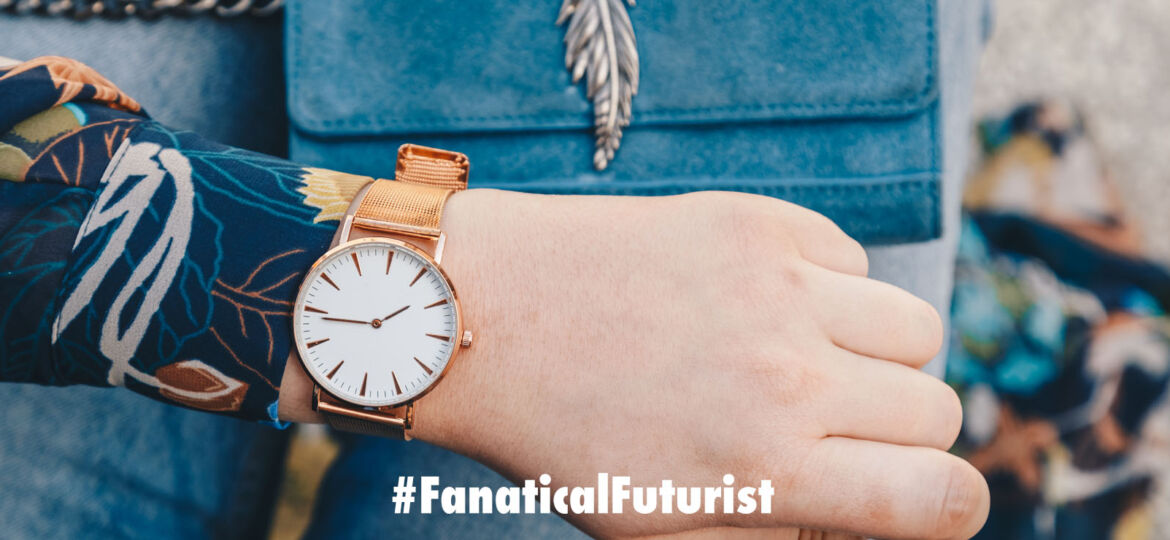
WHY THIS MATTERS IN BRIEF
As more researchers and companies experiment with creating life-life, interactive digital humans today’s bloggers and influencers could soon be replaced.
 Interested in the Exponential Future? Connect, download a free E-Book, watch a keynote, or browse my blog.
Interested in the Exponential Future? Connect, download a free E-Book, watch a keynote, or browse my blog.
One of Instagram’s hottest influencers is a fake 19 year old virtual avatar who’s now making millions of dollars a year. Lil Miquela’s 1.5 million followers watch her eat sherbet on the beach, visit her favourite art galleries, and hang out with other virtual models.
Lil Miquela is one of the first so called virtual influencers of the modern age created using CGI techniques, and even though she’s relatively basic her success has inspired venture capitalists like Betaworks to invest heavily in virtual creators and work with startups that are aiming to take the next step in the field – create “living” Artificial Intelligence (AI) avatars and virtual influencers.
Betaworks’ next startup camp will focus on what Danika Laszuk, Betawork’s general manager, calls synthetic content — a combination of CGI and AI capabilities. The company plans to make a series of $200,000 investments in 10 startups that want to build technology that can create better digital influencers. For those that succeed, there’s money to be made: Lil Miquela has worked with top brands like Supreme and major department stores like Barney’s. She may not be real, but the money is.
“The perception of what influential is, or who is an influencer, is changing,” Laszuk said. It was Lil Miquela that grabbed Betaworks’ interest.
“We started really paying attention to this space early last year,” Laszuk said. She said two trends collided at the right time: people were finding entertainment value in Lil Miquela, even while knowing she wasn’t real, and “huge advancements” in neural networks began allowing computers to create “almost indistinguishable” lifelike models — like Shudu. That presented the possibility of making even better digital models, that might compete with Lil Miquela.
Laszuk sees a near future where virtual creators require no human involvement whatsoever. Everything would be completely computer generated, from the images they post to the captions that go along with them. Machine learning technologies would then allow those creators to interact with people on Instagram and Twitter. It’s not an entirely new idea, but it’s never been done successfully.
Microsoft, for instance, launched a chatbot named Tay in 2016 that was designed to tweet like a teen; it was taken offline about a day later, after it began tweeting out racist and sexist remarks that its AI picked up from interacting on Twitter. The challenge of programming healthy human–bot relationships is an area Betaworks hopes its investments can address.
Other venture capital groups are investing in virtual creators and putting AI tech behind them, too. Spark Capital led a $125 million investment round in Brud, the company behind Lil Miquela, according to TechCrunch. Other companies focusing on creating technology that can produce virtual creators and digital influencers, like Shadow, Superplastic, and Toonstar, have also received funding to produce virtual creators that will live on Instagram and Snapchat.
Making virtual influencers that can work across many popular apps is another hurdle for their human creators, said Edward Saatchi, who co-founded the “digital humans” company Fable Studio and used to run Oculus Story Studio. It’s not enough for Lil Miquela to just exist on Instagram — not when there’s Snapchat, YouTube, Facebook, Twitch, TikTok, and a plethora of other social platforms.
“Just think of it like a real person,” Saatchi said. “It’s super nice being out and meeting people, but you also want to scroll through their Instagram.”
Fable Studio designed its first virtual character, Lucy, to exist in Virtual Reality (VR), and now the studio is trying to figure out how to tell stories with her on other platforms.
Investment in AI will help Fable and other companies tell those stories, Saatchi said, but he doesn’t think it’ll ever remove the need for having a human behind the virtual face.
“You always want a storyteller, because that will help us love the character more,” he said. “Think of how less interesting Lil Miquela would be if it was just totally an engineering project.”
















